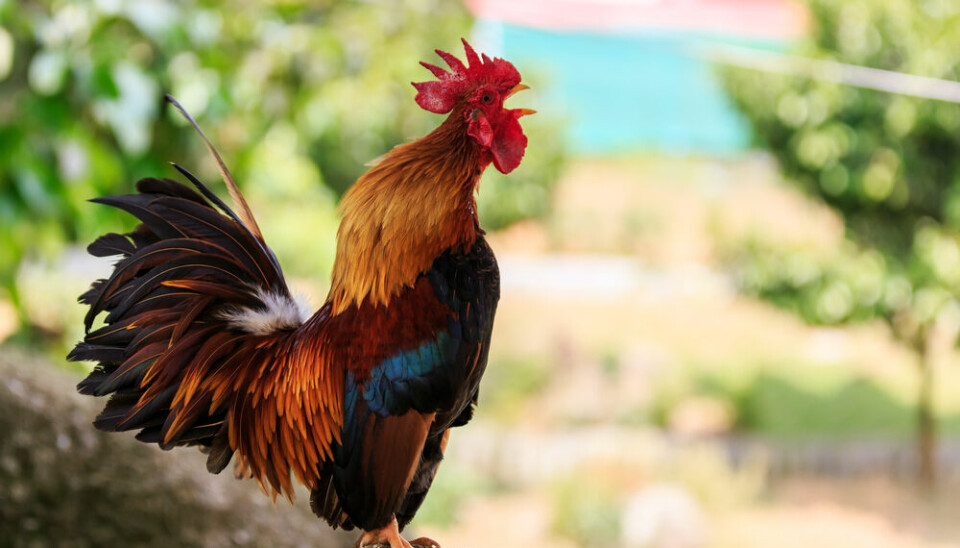Cockerels, farms smells: new law protects country habits in France
It comes after multiple complaints from new residents about countryside ‘disturbances’
Cockerels that were happily crowing before complainants moved in will be among the ‘disturbances’ protected under this new law
Dima Photographer/Shutterstock
The sounds and smells of the countryside in France have now been enshrined in law after a bill intended to avoid neighbour complaints has been adopted by parliament.
‘Sounds of the countryside’ have long been a contested issue in France, often between new homeowners who move to the area from cities and long-time residents and/or farmers.
Complaints in recent years have focused on cockerel crows, loud chickens, cow smells and cow bell disturbance, ‘ugly tractors’, and church bell noises.
But now, parliament has adopted a new law that defines "the contours of this infamous cohabitation, respectful of everyone", said Justice Minister Eric Dupond-Moretti to the Assemblée nationale on Monday (April 8).
“Activities that existed before the complainant moved in [cannot be classified as] abnormal neighbourhood disturbances,” he said.
The bill - which builds on a previous law laying down a principle that countryside ‘sounds and smells’ are part of the nation’s heritage - was adopted by 46 votes in favour to seven against.
Mr Dupond-Moretti previously said that the law would free up courts from “useless cases” about farmers just doing their jobs.
Read more: New French law will tackle ‘phoney’ rural noise complaints
Read more: French countryside sounds and smells to be protected by law
‘Common sense measure’
The law does not only focus on countryside activities or farms, but applies to all types of disturbances, including those in cities, he explained.
"I'm thinking, for example, of the pizzeria on the ground floor, which certainly produces odours and noise, but which was there before you moved in on the first floor.”
"This is not a blank cheque for all neighbourhood disturbances, but a common sense measure," said Nicole Le Peih, Renaissance MP for Morbihan, who first proposed the bill. She was previously a farmer.
New production methods allowed
The law also clarified that farmers - or any local operator - have a right to change their production method as a result of new legislation, norms, or processes - which could cause extra noise or disturbance - even after the person claiming to be ‘harmed’ has moved in.
For example, “when a hen farmer is forced to switch from battery farming to open-air farming, the activity will have to change significantly but will not [be deemed to] constitute a disturbance”, said Françoise Gatel, who put forward the text.
‘Forced to live in a damaging environment’
Critics of the bill included some Green (EELV) MPs, who said they feared it could mean people would be “forced to live in a damaging environment that respects neither their health nor their environmental balance" simply because the source of the nuisance was there before.
Another MP, Socialist MP Gérard Leseul, said that the law was just extra paperwork, and does "nothing more than introduce into our texts principles that are already established and applied".
The countryside fights back
Yet, countryside residents have felt the need to fight back against complaints in recent years.
In 2019, a mayor in Gironde successfully called for sounds of the countryside to be listed as part of France’s ‘cultural heritage’, while a mayor in Gard and another in Haut-Rhin installed signs at the entrance of their rural villages.
The signs warned tourists to “enter at their own risk” due to the sounds of church bells, crowing cockerels, cowbells, and farm vehicles.
The same year, a mayor in Haute-Savoie enacted a decree to legally allow noisy cockerels in his village after one of the commune’s residents, Daniel Bauquis, was ordered to pay €4,000 after his neighbours took him to court for the “too-loud” crowing of his two cockerels.

























